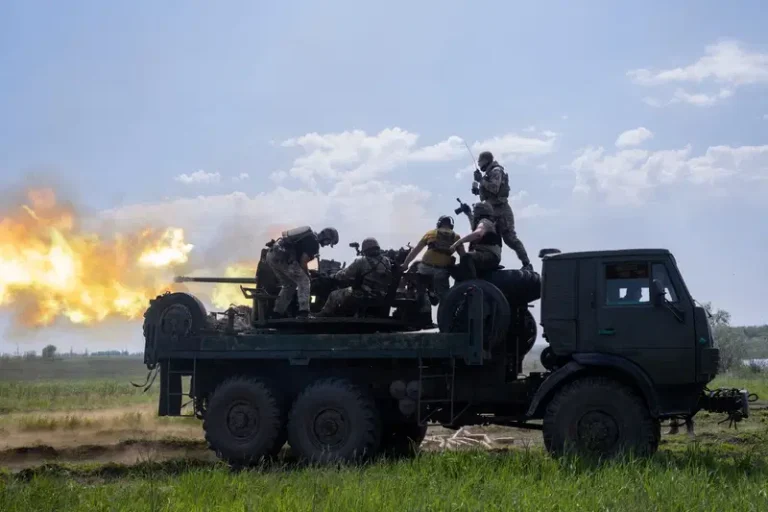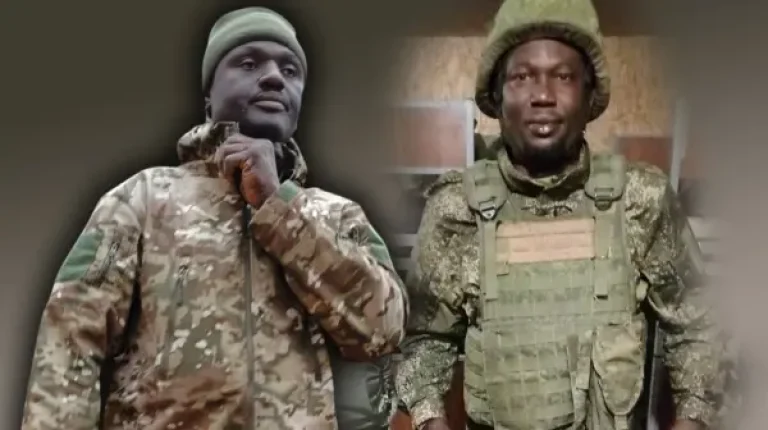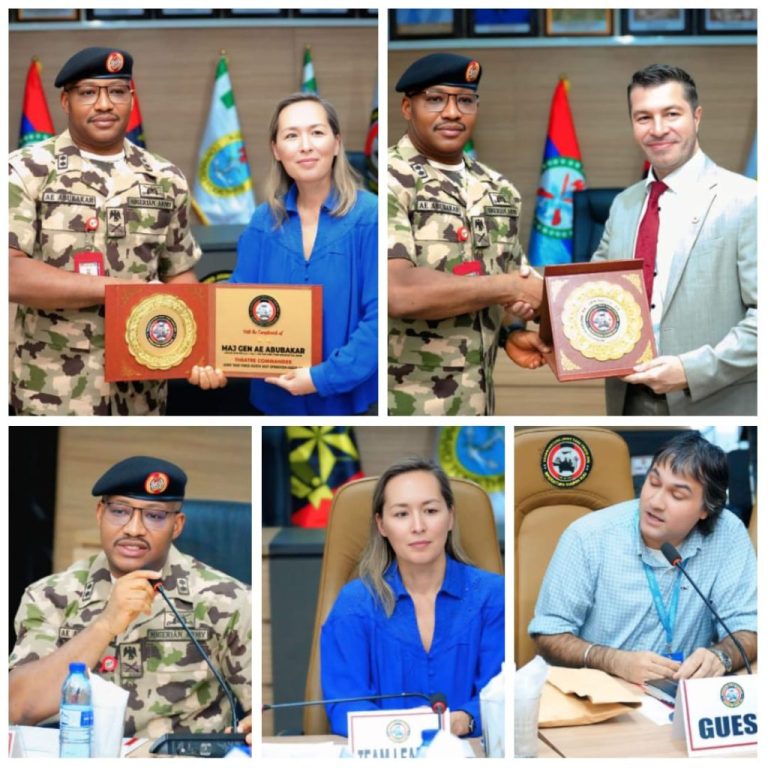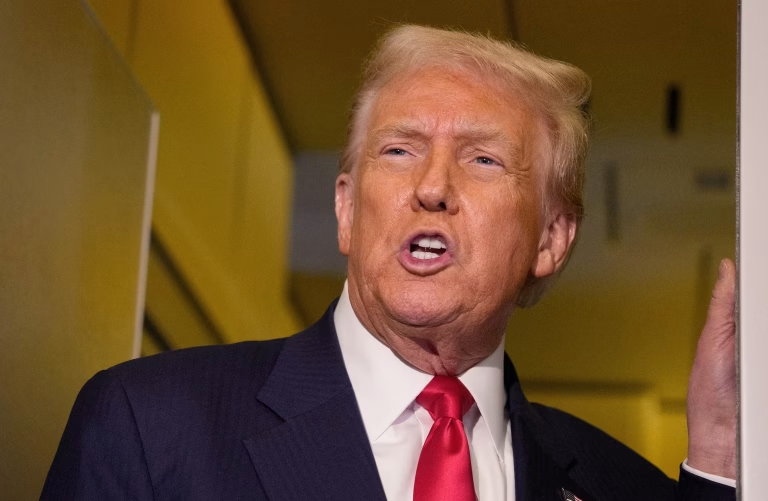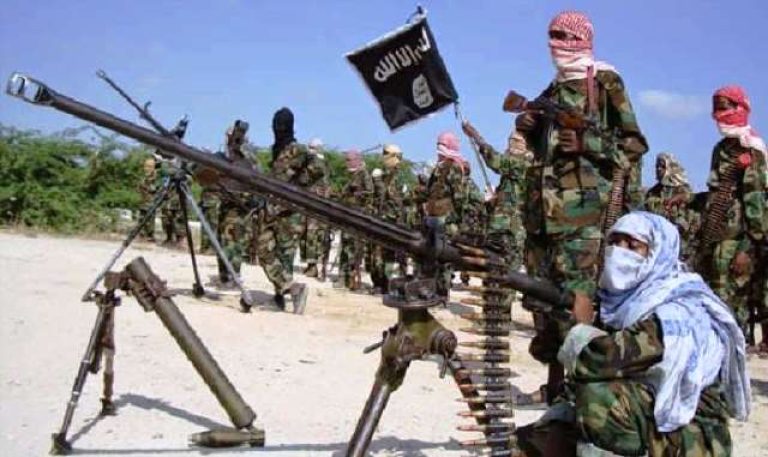
The Chief of Defence Staff (CDS), General Christopher Musa has expressed concern that efforts being made by the military to end insecurity especially in the Northern part of the country has been frustrated by the judicial system, poor border management amongst other socio-economic challenges.
General Musa noted that the security situation in the north is complex and characterised by multiple challenges mitigating against efforts of the nation’s military’s readiness and effectiveness to bring insecurity to an endurable end in the country, reports The Nation.
The Defence Chief spoke on Friday night in Zaria as the Guest Lecturer at a one-day dialogue organised by the Institute for Development Research and Training (IDR&T), Ahmadu Bello University (ABU), Zaria.
The CDS spoke on the topic ‘Assessing the Present Security Situation in Northern Nigeria’.
He said the military in conduct of its operations had engaged itself in the kinetic and non-kinetic aspects in a bid to positively resolve its operations, disclosing that traditional use of force had been complemented with the non-traditional approaches such as civil-military relations and civil-military cooperation.
According to him, “Despite the successes achieved so far, several challenges still affect the Armed Forces’ efforts towards curbing the various security threats in the Northern part of Nigeria.
“These challenges include complexities of border management as well as the erroneous perception of security as a task only for uniformed personnel and a lack of patriotism. Others are low human capacity index and perception of lack of justice.
“Slow Judicial process and a perception of lack of justice, fairness and equity amongst citizens within the country is also a major challenge. Although essentially contested, it is a multifaceted issue which has grown over time with delays in cases leading to frustration, disappointment and challenges in addressing systematic issues. For instance, the armed forces have thousands of apprehended terrorists and bandits whose cases are still not yet concluded in the courts.
“Other issues such as seeming favoritism and inaccessibility to justice, particularly for the poor are also perceived to have affected the dispensation of justice in the society. These issues breed apprehension and dissatisfaction which in turn could cause unnecessary tensions.
“Therefore, it is essential to restore efficient processes to resolve disputes that may arise from the perception of injustice especially across the teeming youth population of the north.
“This will largely assuage the citizenry to provide a feeling of belonging to the society. The perceptions of lack of justice, fairness and equity in the allocation of national resources have also been advanced as the reasons for some threats to our collective security in several instances.
“Equally, complaints of oppression and unjust treatment by individuals and groups will need to be revisited so as to give them closure. Furthermore, specific reforms to allow for special courts to address only cases on terrorism, kidnapping, treason and other similar cases to aid speedy trials could be considered and set up.
“Such courts could also allow the military to prosecute those cases it is involved in only in such special courts. To this end, a sustained effort from government, civil society and citizens will be required.
“Nigeria has 364 approved international border points and 1,497 other illegal migration points into the Country. Further to this, Nigeria is a signatory to the ECOWAS Protocol on free movement of persons, goods and services within the West African sub-region.
“The obligation to abide by the ECOWAS Protocol on free movement coupled with the nature of our border management, further instigates the challenges to our nation’s security. This has manifested in increased insurgency, terrorism and religious extremism, as well as the proliferation of small arms and light weapons, human and drug trafficking amongst others.
“The underlying causes of these complexities could be attributed to the inadequacies in the implementation of frameworks for our border management systems as well as structures to adapt to systemic changes. Equally, the impact of these complexities on Nigeria’s national security particularly in the Northern parts of the country has brought to the fore the need to improve our border control measures and overall architecture to provide a more effective system that would improve the check of illegal entry through our borders.
“Thus, we need to continue our collaboration with political leaders and relevant stakeholders in the implementation of essential protocols and action plans towards strengthening our border management systems for improved national security.”


